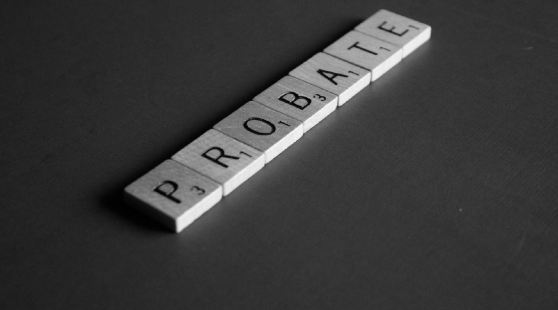
By law, all homeowners should have an insurance policy on their residence, as this is a key step in protecting both your finances and your dream home. If a disaster should strike, such as tornado, fire or theft, you’ll need a policy in place to safeguard against draining your life savings or taking on enormous debt in order to repair structural damage, replace stolen items and more. Since you want the best for your family and not all insurance policies are equally protective, it’s important to know these key items about your homeowner’s insurance policy:
The Damage Your Policy Covers
Almost every homeowner’s insurance policy on the market will cover damage to your home caused by a natural disaster. However, most policies don’t include flood coverage, even if you live in an area prone to flooding or high waters. If you live in a flood plain, you should strongly consider investing in a separate flood policy. Similarly, many homeowner’s policies provide full coverage for belongings, but many require a separate type of policy for your jewelry.
The Damage Your Policy Does NOT Cover
Understanding the gaps in your homeowner’s insurance policy is essential. The majority of policies won’t include coverage for earthquakes, landslides and power failures. Many also exclude wind damage, even in areas prone to tornadoes or hurricanes. Know that you will likely need to maintain supplemental insurance if you have concerns about the types of damage not included in a typical policy.
Why You Need to Keep Impeccable Records
It happens all the time – a claim that seems completely legitimate to a homeowner is rejected by the insurance company simply because they couldn’t provide proper documentation of the damage or repair costs. This is why insurance experts say it’s important to save every receipt, contract and appraisal for big-ticket items and, if an unforeseen loss occurs, document everything you tried to do in order to mitigate damages and costs.
When to File a Claim
Although many claims are rejected, you will certainly want to file one in the event of a true disaster. You should consider filing for legitimate, but lesser, damage to your property, too. Insurance companies don’t like frivolous claims, though, and it’s possible that your rates will rise if you’re a habitual offender.
Image via Unsplash/David Dvoracek





